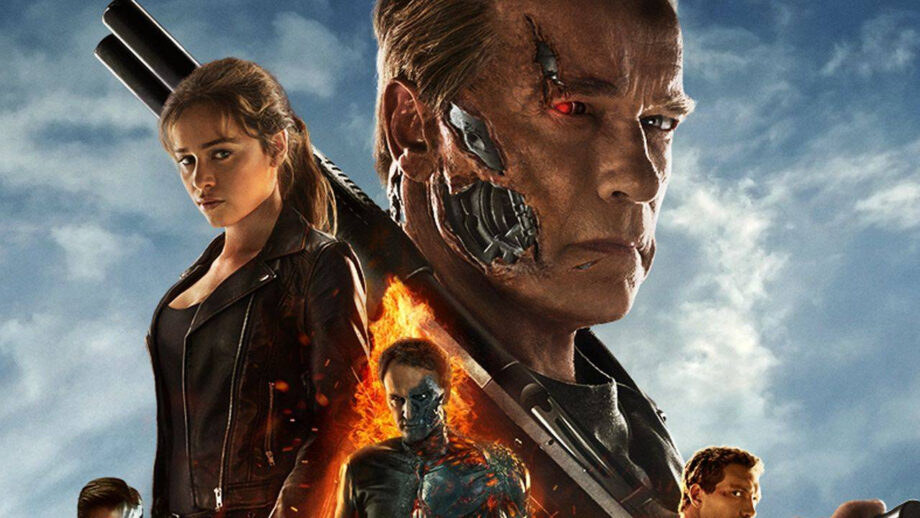For decades, movie franchises have been a fixture, and they continue to dominate the box office like no other. Just look at the box office revenues for MCU films to see what a series looks like when it’s at its pinnacle.
The Terminator franchise arrived in the 1980s, and it quickly revolutionized the game. The first film’s casting was difficult, but everything came into place while filming. After the first film was a box office triumph, the franchise enjoyed a successful sequel before things began to go down. There were big intentions in recent years for the business to survive and grow once more, but these ideas sank swiftly. Let’s take a look at what spelled the end of the franchise’s future.
The Terminator, released in 1984, is one of the most famous and influential films of its time. This picture altered everything for the genre, and it helped Arnold Schwarzenegger become one of the world’s most popular men. It also paved the way for one of the most intriguing film series in history.
As many moviegoers are aware, the original two Terminator films are legendary. The original film is fantastic, but T2 truly elevated things, and it’s one of the few sequels that is usually regarded as superior to its predecessor.
James Cameron did an excellent job with those films, but after he left, the series continued on without him, albeit it never reached the same heights again.
Without Cameron, there would have been three more Terminator films, all of which fell short of expectations. There was also a short-lived programme that failed to connect with loyal followers.
When James Cameron returned to the Terminator franchise for Terminator: Dark Fate, things had the chance to turn around.
So, why were the Terminator sequels cancelled? To put it simply, the failure of Dark Fate basically destroyed the franchise’s future.
Source: thethings


